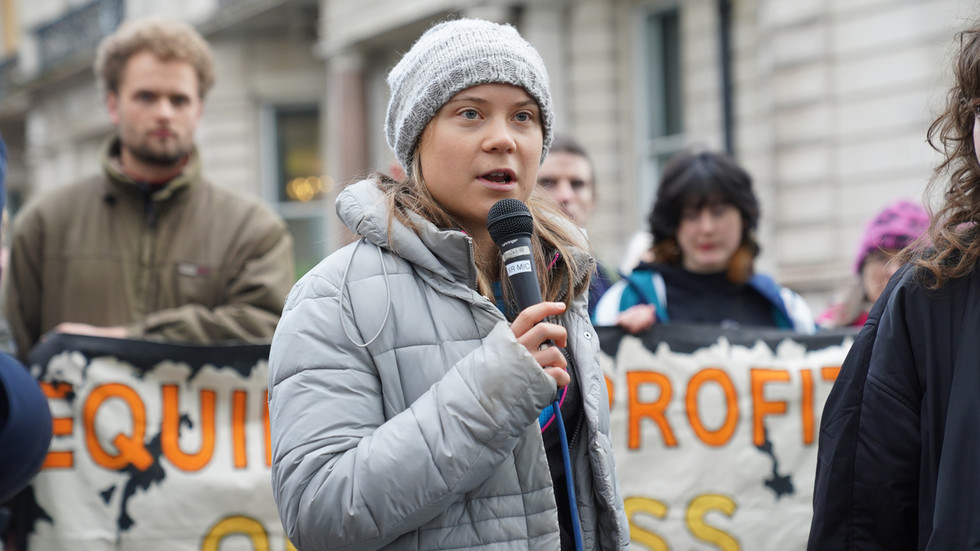By Euronews, AP
Published on 25/06/2025 - 13:32 GMT+2
ADVERTISEMENT
Iran’s parliament has approved a bill to suspend cooperation with the UN’s nuclear watchdog, state-affiliated media has reported.
Politicians unanimously supported the move against the International Atomic Energy Agency (IAEA), according to Iranian state media.
The bill, which states that any future IAEA inspection must be authorised by the Supreme National Security Council, will need to be approved by the unelected Guardian Council to become law.
“The International Atomic Energy Agency, which refused to even marginally condemn the attack on Iran’s nuclear facilities, put its international credibility up for auction,” Parliament Speaker Mohammad Bagher Ghalibaf said on state television.
“The Atomic Energy Organisation of Iran will suspend its cooperation with the IAEA until the security of our nuclear facilities is guaranteed,” he added.
His words came shortly after the end of almost two weeks of fighting between Iran and Israel, which began on 13 June when the Israeli military attacked Iranian military sites and killed some of its leading commanders.
The conflict escalated further over the weekend when the US struck three nuclear sites in Iran with bombs.
US President Donald Trump suggested the strikes had "obliterated" Iran’s nuclear programme. However, a subsequent US intelligence report called this claim into question.
The report found that while the facilities sustained significant damage, they were not completely destroyed, estimating the programme had only been set back by several months. The White House dismissed the report as "flat-out wrong".
The Vienna-based IAEA, which has monitored Iran’s nuclear activities for years, has called for renewed access to Iranian facilities.
The body's director Rafael Grossi said he had already written to Iran to discuss resuming inspections of their nuclear facilities.
Among other things, Iran claims to have moved its highly enriched uranium ahead of the American strikes, and Grossi said his inspectors needed to re-assess the country’s stockpiles.
“We need to return,” he said. “We need to engage.”
Shortly before fighting broke out between Iran and Israel, the IAEA found Tehran formally in non-compliance with its nuclear obligations for the first time in 20 years.
Nineteen of the 35 countries on the agency's board voted for the motion, which was backed by the US, UK, France and Germany.
The IAEA said that, among Iran's "many failures", it had refused to give full answers about its undeclared nuclear material and activities. It also expressed concern about Iran's stockpile of enriched uranium.
Tehran continues to maintain that its nuclear programme is peaceful.

 4 hours ago
2
4 hours ago
2









